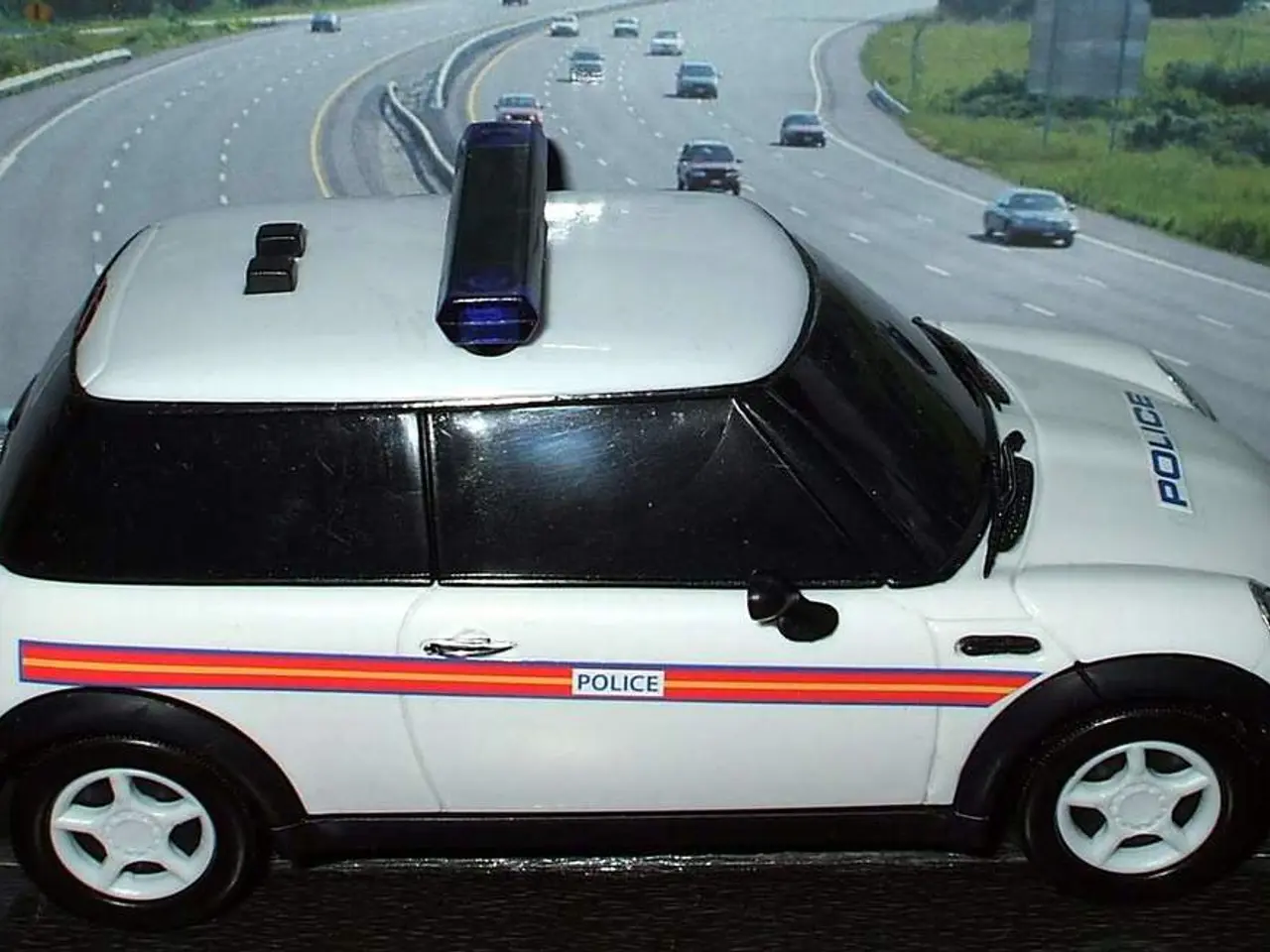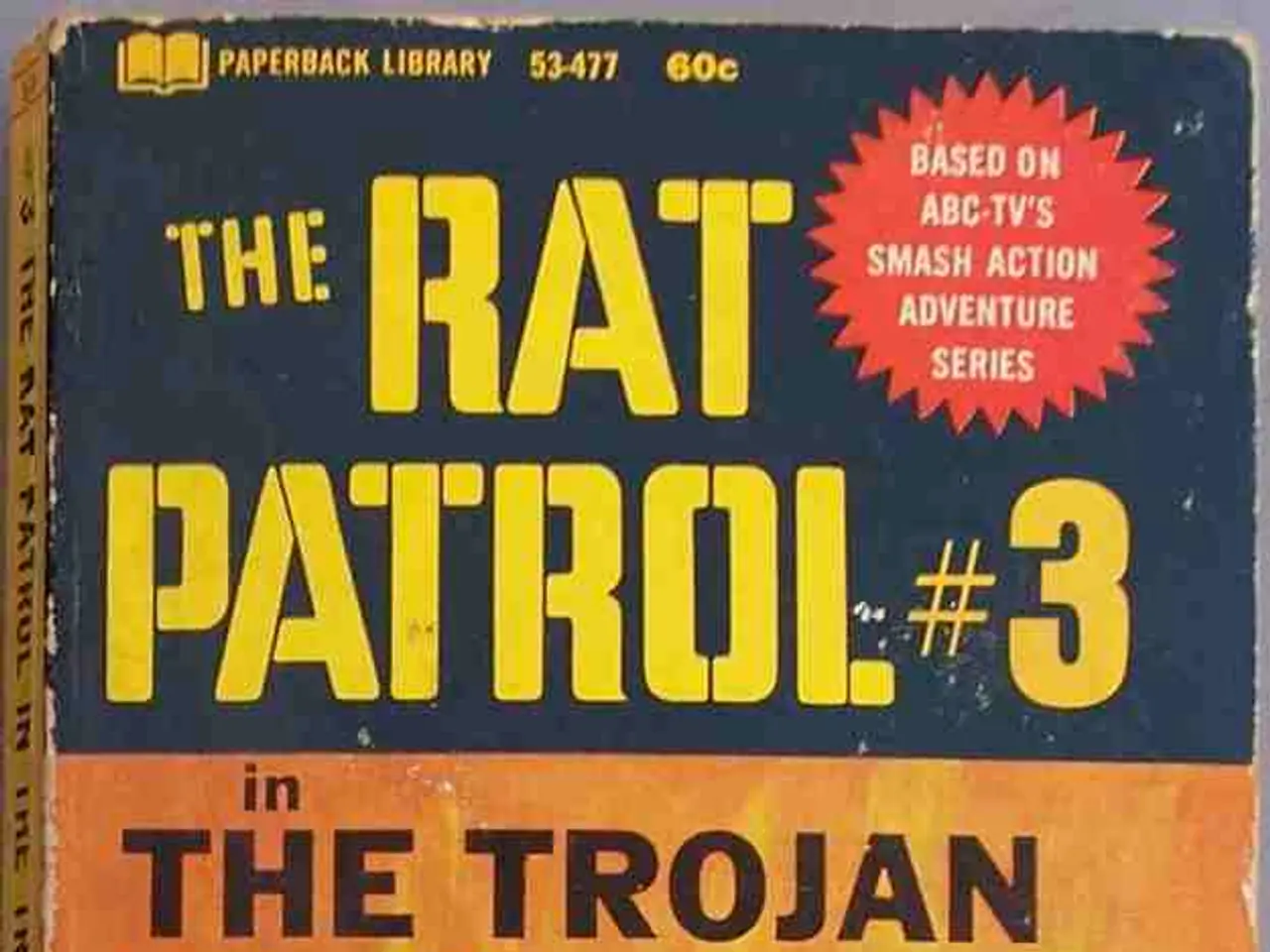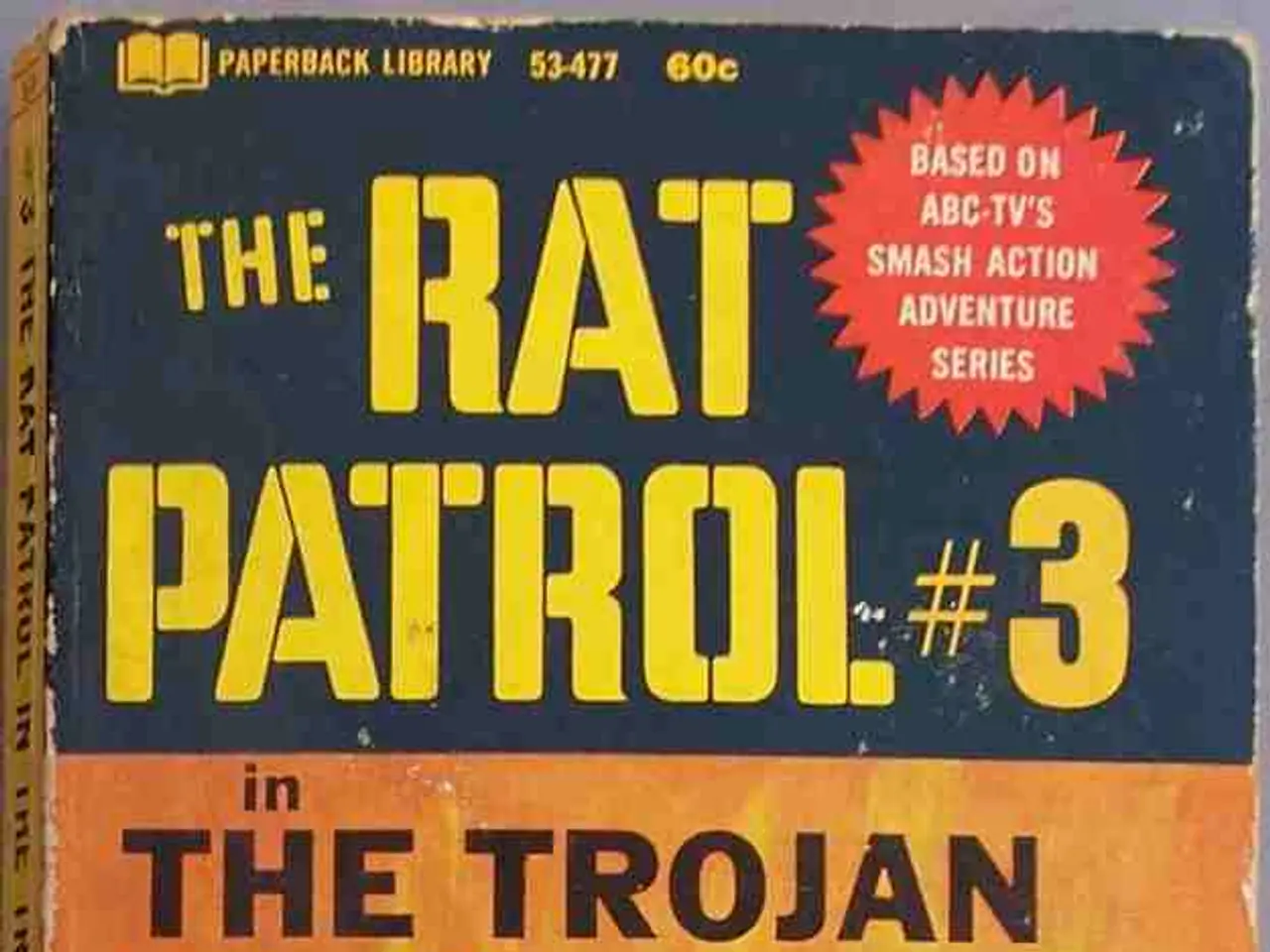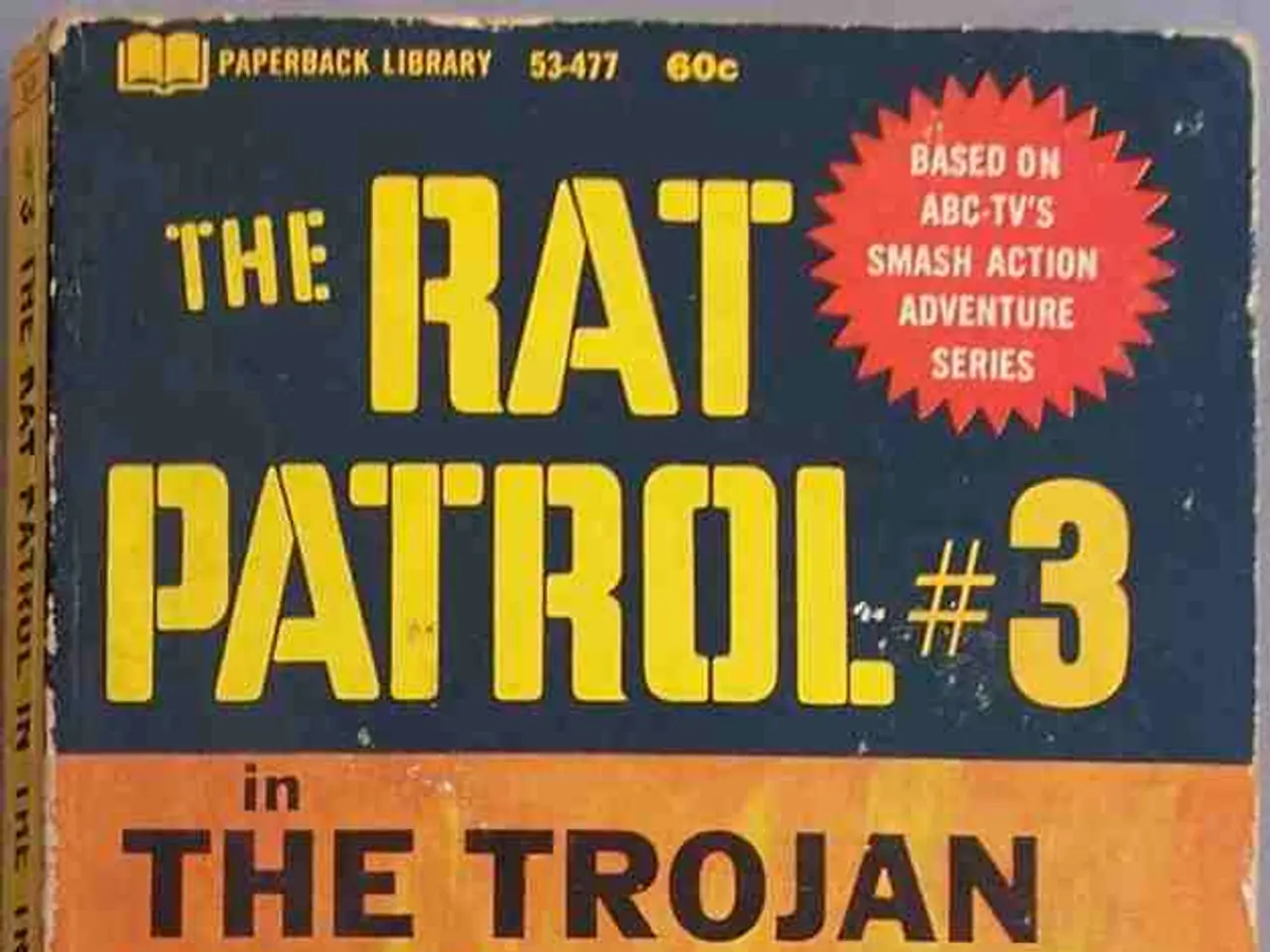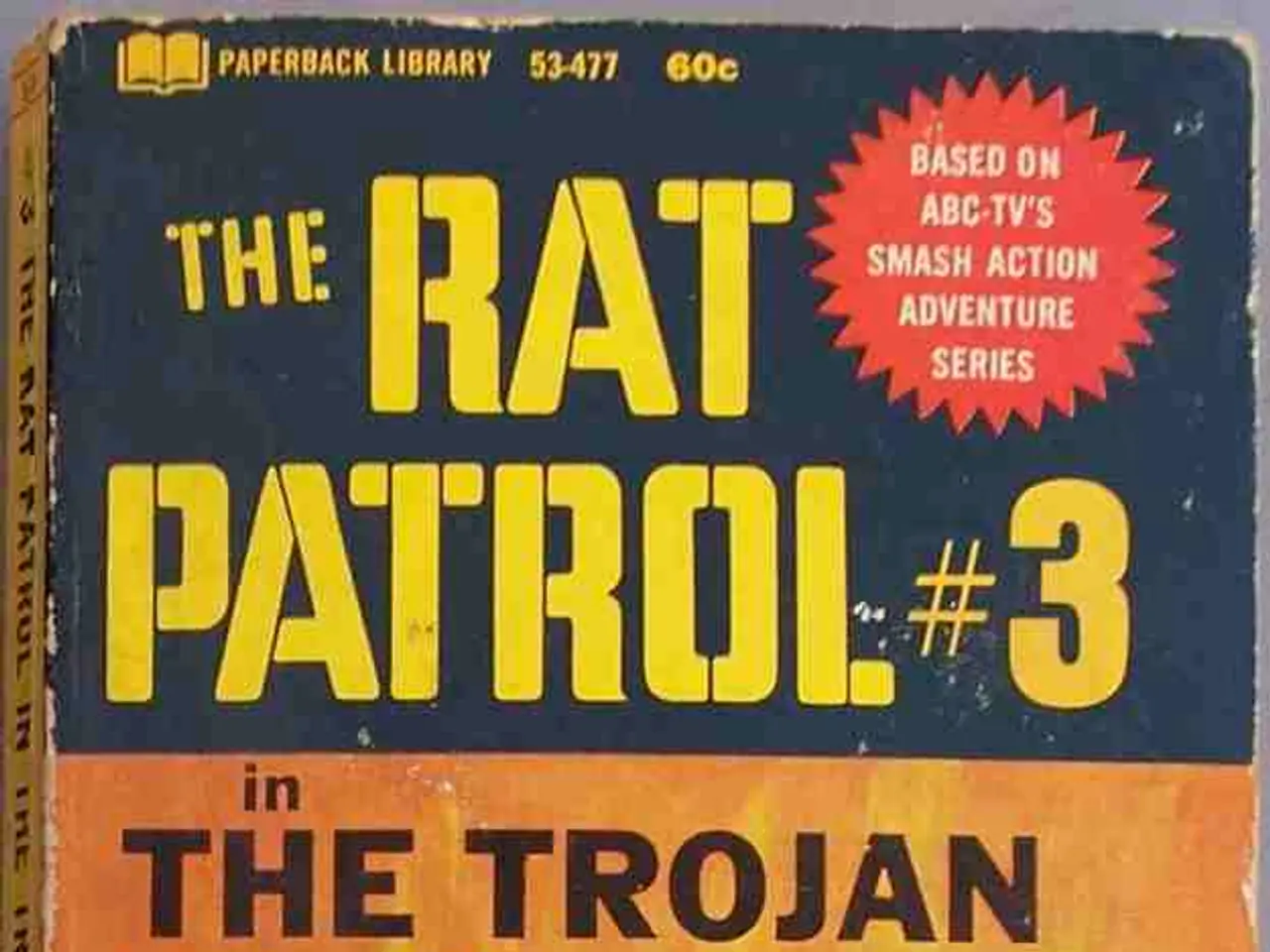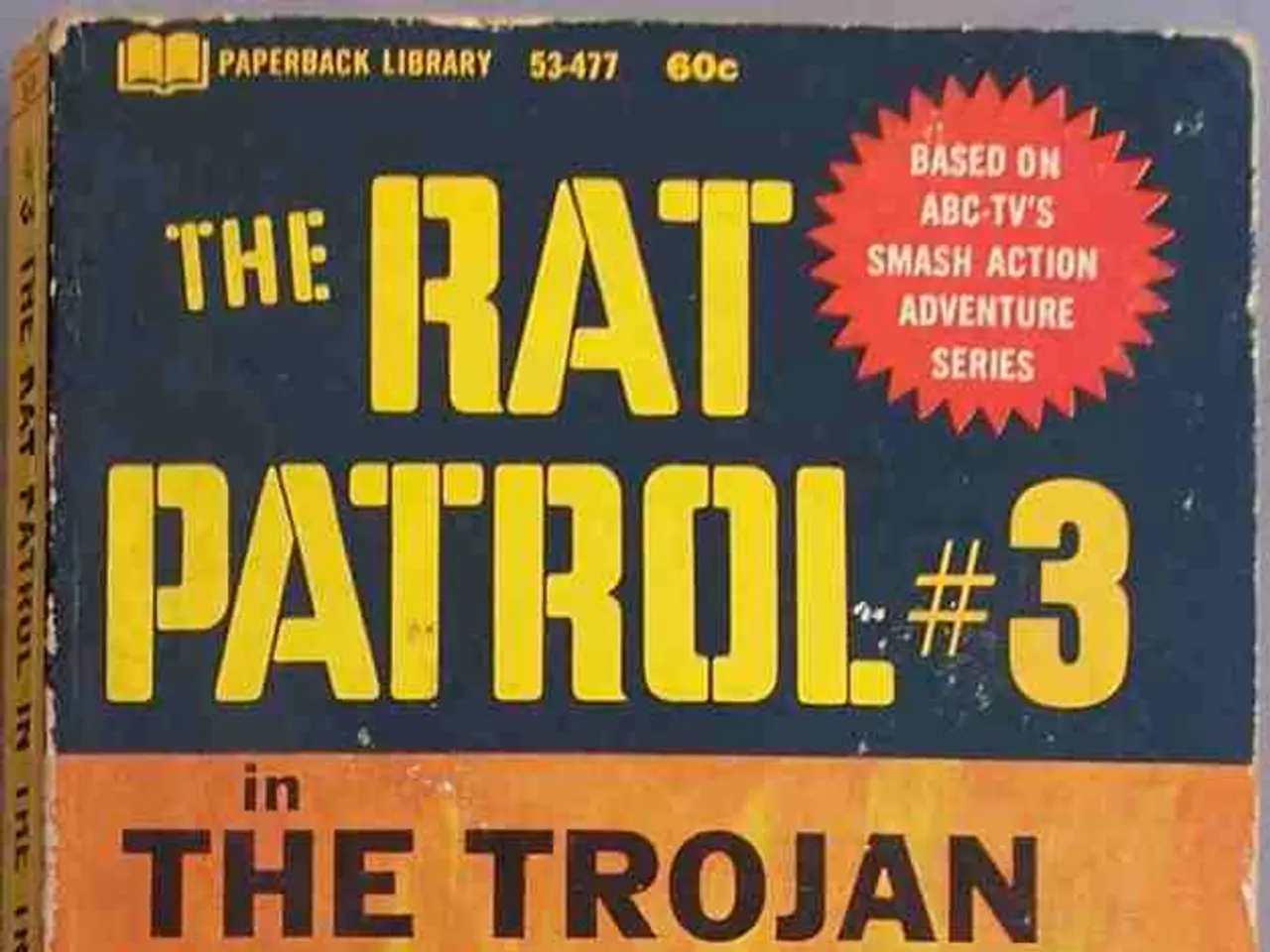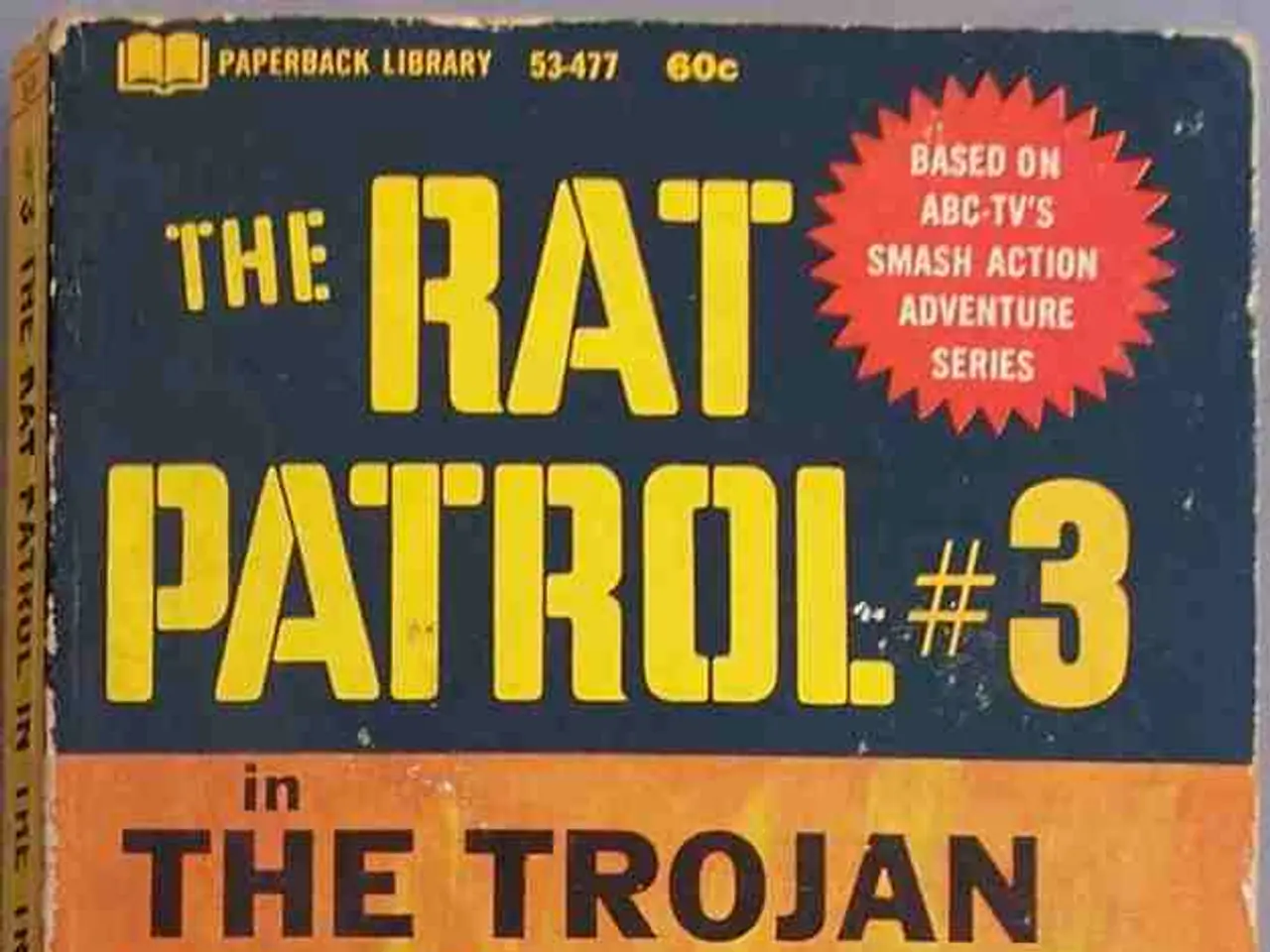Federal law enforcement agencies are being directed by President Trump to maintain order in Washington, D.C.
In recent developments, President Donald Trump has announced plans for a surge in federal law enforcement agencies in Washington, D.C., aiming to protect the city from violent crime. This move comes amidst a decline in violent crime rates in the district, which has been on a downward trend since 2023.
The policing initiative will be led by the U.S. Park Police, with more than a dozen federal law enforcement agencies, including the US Capitol Police, the Drug Enforcement Administration, the Federal Bureau of Investigation, the Bureau of Alcohol, Tobacco, Firearms, and Explosives, and the U.S. Marshals Service, among others, cooperating.
However, it's important to clarify that President Trump does not have unilateral power to federalize Washington, D.C. The legal framework and procedures involved are governed by the Home Rule Act of 1973 and Section 740 of the Home Rule Act.
The Home Rule Act grants D.C. residents local self-governance, including elected mayor and council. While the president can temporarily take limited control over the D.C. Metropolitan Police Department (MPD) for up to 30 days under Section 740 during emergencies, any extension beyond 30 days requires Congress to pass a joint resolution to continue the federalization.
Moreover, the president may declare a national emergency with certain procedural requirements, enabling use of existing federal powers on an emergency basis but not granting new powers. However, these actions need to be within the bounds of the Constitution and statutory law, and any attempts to exceed presidential authority or violate the Home Rule Act may face legal challenges.
Recent attempts by President Trump to "federalize" or assume control over D.C. police and deploy National Guard troops have been challenged legally by D.C. officials, resulting in lawsuits claiming these actions exceed presidential authority and violate the Home Rule Act.
Despite the increased federal law enforcement presence, residents and local officials interviewed on Friday have not yet noticed a significant increase in police presence. It's worth noting that violent crime in Washington, D.C., has declined since 2023, hitting a 30-year low last year. This decline is in line with a nationwide trend of significant decreases in violent crime.
The White House press secretary, Karoline Leavitt, has stated that there will be no safe haven for violent criminals in D.C., emphasizing the commitment to maintaining public safety. However, the longevity and impact of this increased federal law enforcement presence in Washington, D.C., remain to be seen.
[1] National Conference of State Legislatures. (2021). District of Columbia - Home Rule Act. Retrieved from https://www.ncsl.org/research/elections-and-campaigns/district-of-columbia-home-rule-act.aspx [2] Congressional Research Service. (2020). The District of Columbia Home Rule Act: Key Provisions and Recent Changes. Retrieved from https://crsreports.congress.gov/product/pdf/R/R45566 [3] Brennan Center for Justice. (n.d.). District of Columbia Home Rule Act. Retrieved from https://www.brennancenter.org/our-work/policy-solutions/district-columbia-home-rule-act [4] The Washington Post. (2020). Trump's move to federalize D.C. police faces legal challenges. Retrieved from https://www.washingtonpost.com/politics/trumps-move-to-federalize-d-c-police-faces-legal-challenges/2020/06/04/34d5d540-31c5-11ea-9c6d-8b9d3e168958_story.html [5] The New York Times. (2020). Trump's Plans for D.C. Police Face Legal Challenges. Retrieved from https://www.nytimes.com/2020/06/04/us/politics/trump-d-c-police.html
- The legal framework governing President Trump's plan to federalize Washington, D.C., is regulated by the Home Rule Act of 1973 and Section 740 within the Home Rule Act.
- In case of an emergency, the president can temporarily take control over the D.C. Metropolitan Police Department (MPD) for up to 30 days under Section 740; any extension requires a joint resolution from Congress.
- Lawsuits have been filed against President Trump's attempts to "federalize" or assume control over D.C. police, claiming these actions exceed presidential authority and violate the Home Rule Act.
- Recent ESG (Environmental, Social, and Governance) reports and general news articles have discussed the implications and legality of President Trump's increased federal law enforcement presence in the context of politics and crime-and-justice issues.
